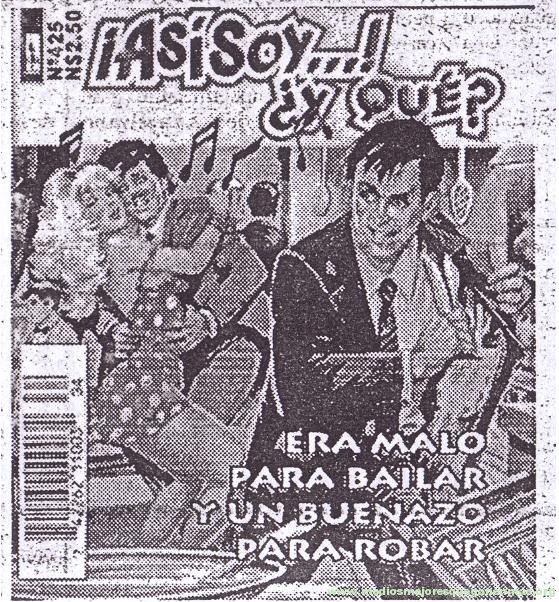THE POWER OF SOUND –…by its effects you shall know it; talk by Julian Treasure
In the same way that “no action is without an equal and opposite reaction”, there are no sounds that produce no effects.
And precisely because they generate things inside of us –they change us–, sounds are powerful: Just as they make us happy or well, they make us uncomfortable or ill.
That said, what do we know about them?; what are their effects?
Do we know how to use them, both in our professional lives (for example: as a brand for our product), as well as in our private lives?
Julian Treasure is a professional who creates sounds for marketing and for communications media. And today’s talk (the video) –the first of three–, simply and brilliantly introduces us to the world of sounds. Because “hearing better”, is living better…











